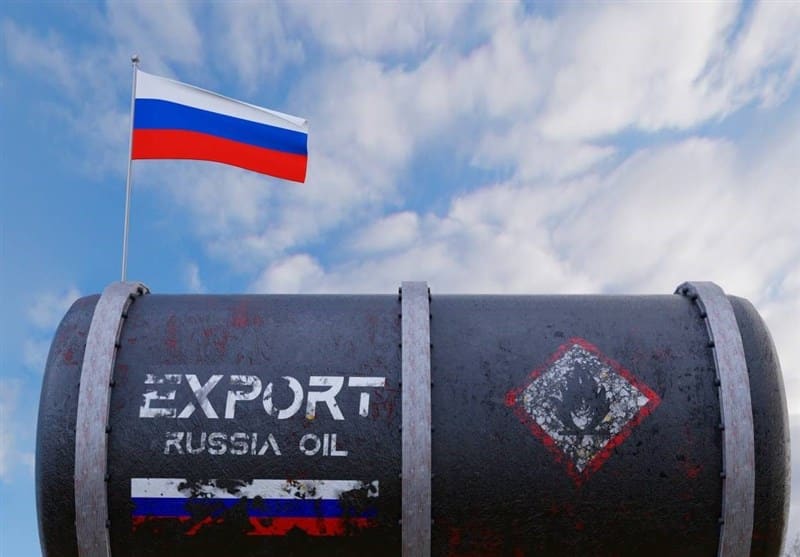How dependent are European countries on Russian oil?
According to “Novosti” news agency, according to the report published on the website of the Center for Democracy Studies (CSD), the Czech Republic spends five times more on the purchase of Russian oil than the aid it provided to Ukraine.
The report states: “The Czech Republic spent more than 7 billion euros on Russian oil and gas, which is more than five times the amount of 1.29 billion euros that Prague gave Ukraine in financial and military aid.”
This report also points out that despite the Czech’s desire to end its dependence on Russian oil, this country has increased its dependence on Russian oil by 60% over the past year. Only the Czech oil refinery, owned by the Polish company Orlen Unipetrol, made a profit of 1.2 billion euros.
The countries dependent on the import of petroleum products in the European Union were determined
It was previously reported that in the first half of 2024, the countries most dependent on the import of petroleum products in the European Union were the Netherlands, Slovenia and Latvia.
This report, based on statistical data, shows that the country of Malta is most dependent on the import of petroleum products. The ratio of malt imports to the amount of oil products in the country is 622%.
Other countries that are most dependent on the import of petroleum products include the Netherlands (304%), Slovenia (210%) and Latvia (133%). Also, Estonia is on this list with 125% dependence. Lower dependence is seen in countries such as Croatia, Belgium, Cyprus and Luxembourg, which range from 121 to 102 percent.
Denmark, Ireland, Slovakia, Sweden, Finland, France, Hungary, Austria and the Czech Republic also import more than half of their oil products. The dependence of these countries varies between 90 and 50 percent.
At the same time, countries such as Bulgaria, Spain, Poland, Portugal, Romania, Germany, and Greece are only one-third dependent on the import of petroleum products, while Spain and Lithuania are the least dependent and obtain about a quarter of their needs from abroad.
In total, EU countries are 64.9% dependent on oil product imports, which is 1.1% more than in the first half of last year.
Earlier, Alexander Novak, Russia’s deputy prime minister for energy affairs, announced that the global oil demand will continue to increase at least until 2040. He said: “Many believe that the age of oil is over.” But I say with confidence that this is not the case and according to the predictions of many experts, oil consumption will continue to increase for a long time. “This increase in demand will be approximately one million barrels per day.”
The Deputy Prime Minister also explained about the oil production in Russia that during the last year, the country’s oil production reached 54 million tons in the East Siberian region and 24 million tons in the oil fields of the Akhotsk Sea, Pechersk Bay, and the Baltic Sea.

